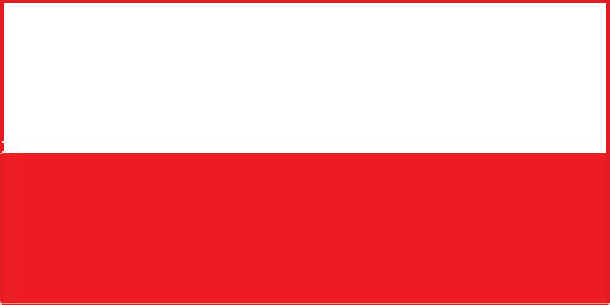"Ten, kto przestaje być lepszym, przestaje być dobrym." Oliver Cromwell
Wireless Fidelity
 Wi-Fi ("Wireless Fidelity") is a term for certain types of wireless local area network (WLAN) that use specifications in the 802.11 family. The term Wi-Fi was created by an organization called the Wi-Fi Alliance, which oversees tests that certify product interoperability. A product that passes the alliance tests is given the label "Wi-Fi certified" (a registered trademark).
Originally, Wi-Fi certification was applicable only to products using the 802.11b standard. Today, Wi-Fi can apply to products that use any 802.11 standard. The 802.11 specifications are part of an evolving set of wireless network standards known as the 802.11 family. The particular specification under which a Wi-Fi network operates is called the "flavor" of the network. Wi-Fi has gained acceptance in many businesses, agencies, schools, and homes as an alternative to a wired LAN. Many airports, hotels, and fast-food facilities offer public access to Wi-Fi networks. These locations are known as hot spots. Many charge a daily or hourly rate for access, but some are free. An interconnected area of hot spots and network access points is known as a hot zone.
Unless adequately protected, a Wi-Fi network can be susceptible to access by unauthorized users who use the access as a free Internet connection. The activity of locating and exploiting security-exposed wireless LANs is called war driving. An identifying iconography, called war chalking, has evolved. Any entity that has a wireless LAN should use security safeguards such as the Wired Equivalent Privacy (WEP) encryption standard, the more recent Wi-Fi Protected Access (WPA), Internet Protocol Security (IPsec), or a virtual private network (VPN).
Wi-Fi ("Wireless Fidelity") is a term for certain types of wireless local area network (WLAN) that use specifications in the 802.11 family. The term Wi-Fi was created by an organization called the Wi-Fi Alliance, which oversees tests that certify product interoperability. A product that passes the alliance tests is given the label "Wi-Fi certified" (a registered trademark).
Originally, Wi-Fi certification was applicable only to products using the 802.11b standard. Today, Wi-Fi can apply to products that use any 802.11 standard. The 802.11 specifications are part of an evolving set of wireless network standards known as the 802.11 family. The particular specification under which a Wi-Fi network operates is called the "flavor" of the network. Wi-Fi has gained acceptance in many businesses, agencies, schools, and homes as an alternative to a wired LAN. Many airports, hotels, and fast-food facilities offer public access to Wi-Fi networks. These locations are known as hot spots. Many charge a daily or hourly rate for access, but some are free. An interconnected area of hot spots and network access points is known as a hot zone.
Unless adequately protected, a Wi-Fi network can be susceptible to access by unauthorized users who use the access as a free Internet connection. The activity of locating and exploiting security-exposed wireless LANs is called war driving. An identifying iconography, called war chalking, has evolved. Any entity that has a wireless LAN should use security safeguards such as the Wired Equivalent Privacy (WEP) encryption standard, the more recent Wi-Fi Protected Access (WPA), Internet Protocol Security (IPsec), or a virtual private network (VPN).
